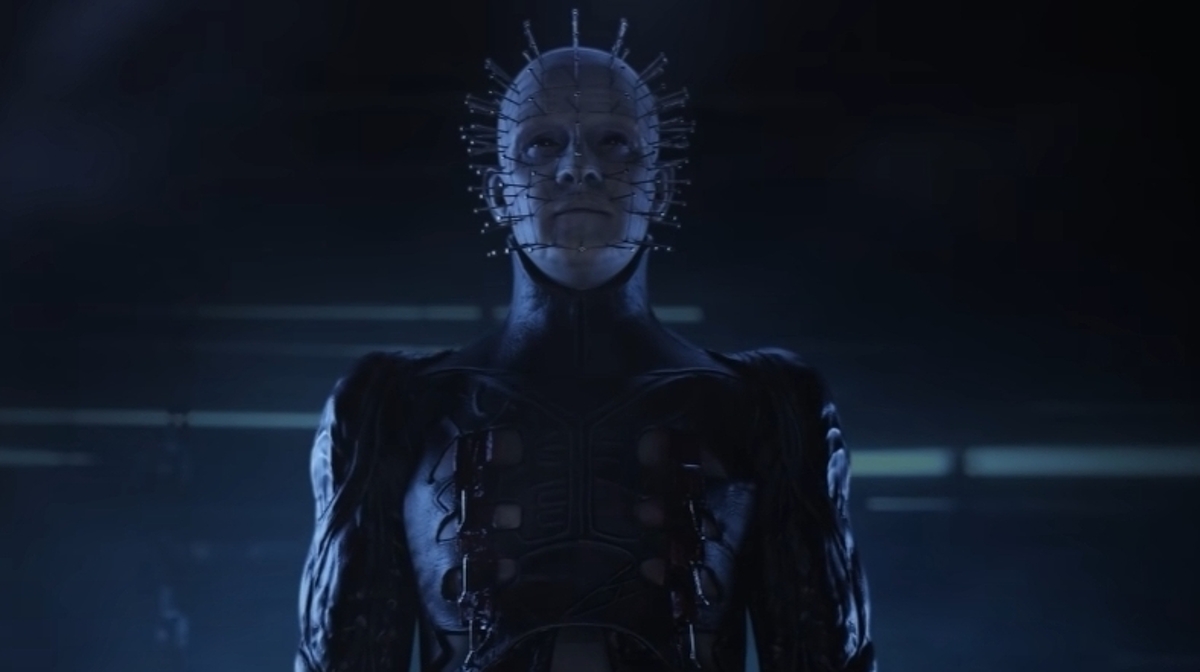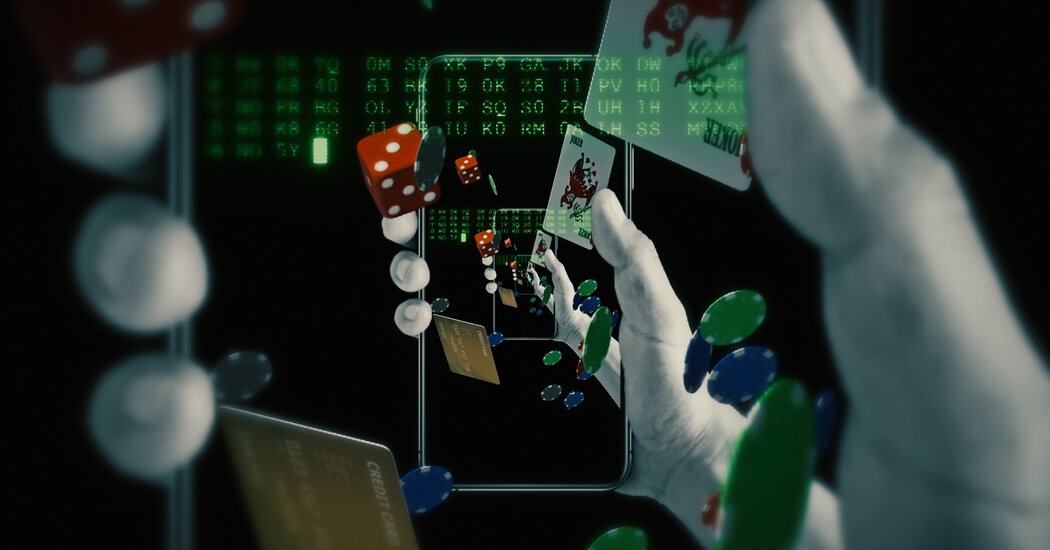Projects that seek to create new communities of marginalized people to draw them in to risky speculative markets rife with scams and fraud are demonstrating
Through a Washington Post article I discovered Molly White who has been documenting the alt-right and now the crypto community. She has a blog at Molly White and a site that documents the problems of crypto at Web3 is going just great. There is, of course, a connection between the alt-right and crypto broculture, something that she talks about in posts like Predatory community which is about crypto promotions try to build community and are now playing the inclusive card – aiming at marginalized communities and trying to convince them that now they can get in on the action and build community. She calls this “predatory community.”
Groups that operate under the guise of inclusion, regardless of their intentions, are serving the greater goal of crypto that keeps the whole thing afloat: finding ever more fools to buy in so that the early investors can take their profits. And it is those latecomers who are left holding the bag in the end.
With projects that seek to provide services and opportunities to members of marginalized groups who have previously not had access, but on bad terms that ultimately disadvantaged them, we see predatory inclusion.22 With projects that seek to create new communities of marginalized people to draw them in to risky speculative markets rife with scams and fraud, we are now seeing predatory community.


